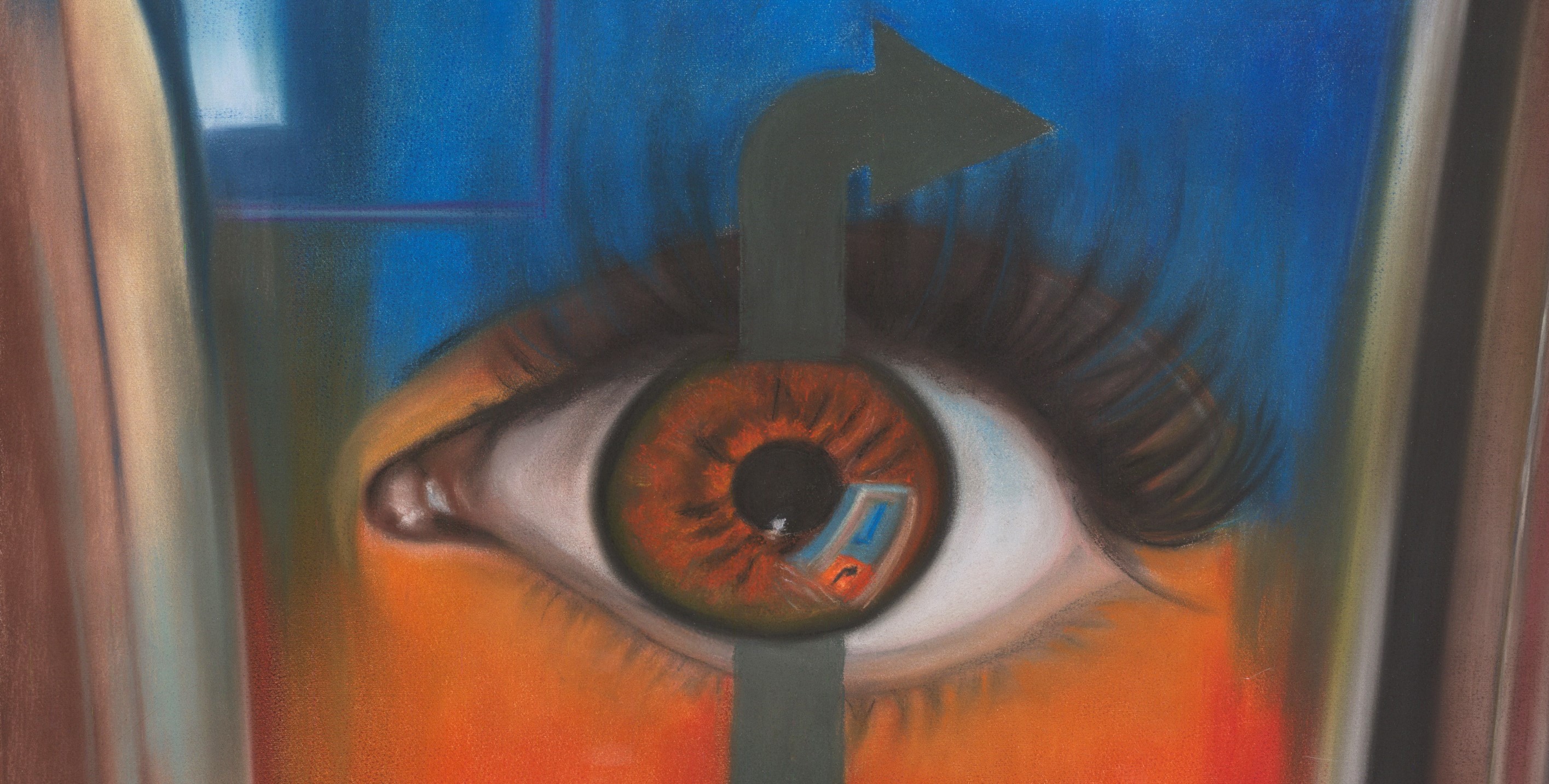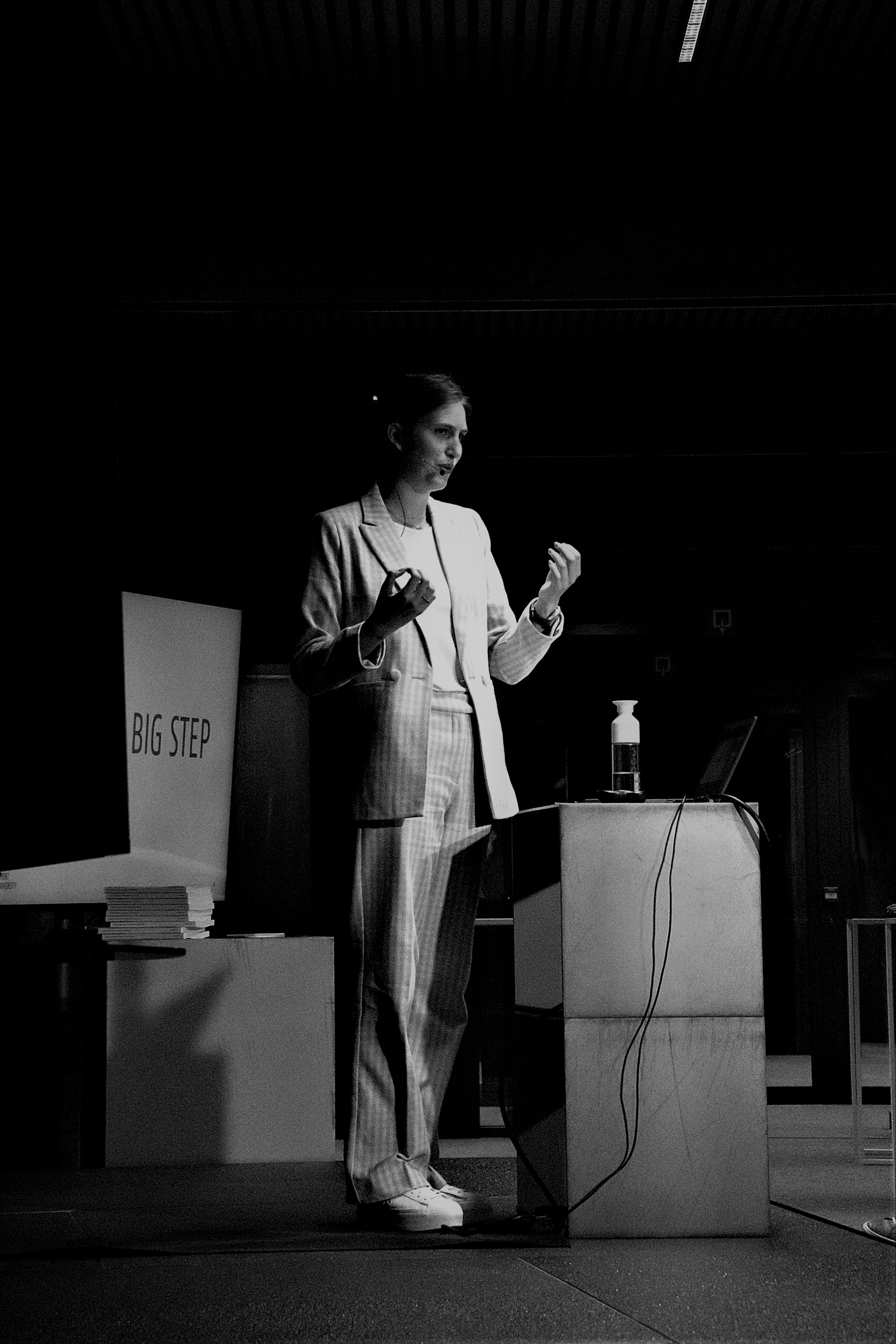Welcome to the webspace of
Dr. Laure De Cock
Winner of the Geospatial award 2021 for best thesis

Laure de Cock graduated from Ghent University as Master of Science in Geography and Geomatics in 2017.
A few months later, she got granted an FWO scholarship and started working as a researcher at the CartoGIS research group of the Department of Geography.
This was the start of a four-year journey, during which she studied adaptive mobile indoor route guidance. You can read about her work in this blogpost . During her PhD Laure used smart technologies to analyze how people navigate indoors.
She conducted an online survey, a field experiment and a VR experiment to find out how building configuration can be quantified by the space syntax theory, which route instruction types should be used at which decision points and how this affects the performance, cognitive map, cognitive load and perception of the users. Se developed prototypes and she used eye tracking and position tracking to build the bridge between indoor route guidance technologies in smart buildings on the one hand, and the users of those smart buildings on the other hand. By doing so, she showed us a glimpse of the navigation of the future.
She successfully finished her PhD in October 2021 and won the geospatial award for best thesis on BeGeo.
During the COVID-19 pandemic, the idea started to grow to do research on crowd management. Laure's proposal got granted by BOF and this is the project she is currently working on. In this research project she will enhance machine learning models with geodata to improve predictions of pedestrian counts, based on sensor data.
As by now she is a usability expert, the users are not forgotten in this research project. Last summer, for example, she conducted a survey at 'de Gentse feesten' to gain insights in the crowdedness perceptin of the visitors.
Besides a postdoctoral researcher, Laure is also a teaching assistant and teaches various courses, such as GIS and geodesy.
